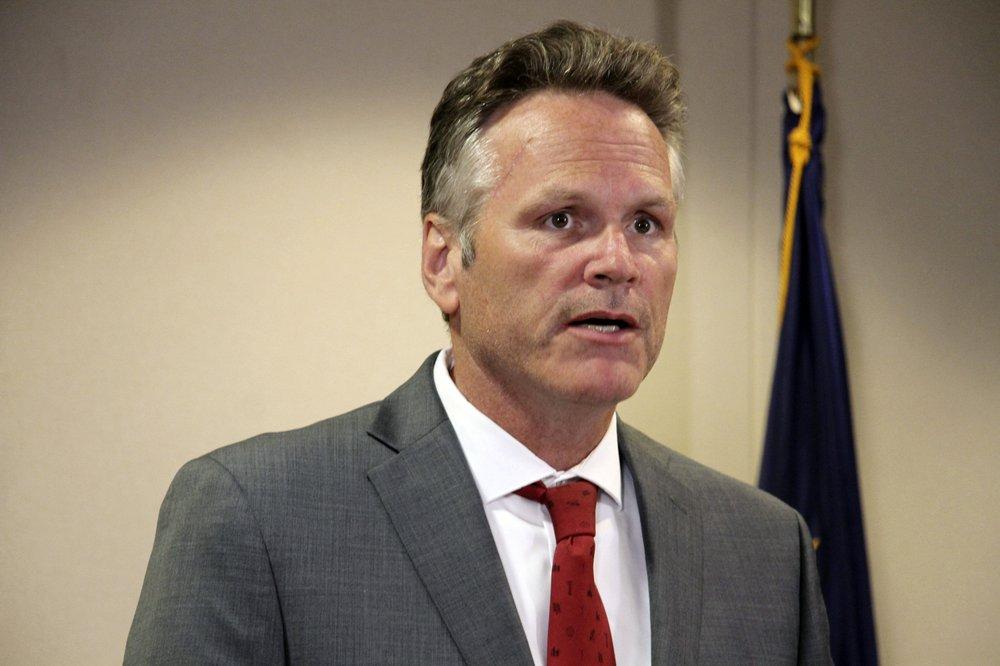The Supreme Court may soon consider whether to hear Alaska’s appeal against the U.S. Environmental Protection Agency’s (EPA) decision to veto the proposed $400 billion Pebble Mine project in the southwestern part of the state.
The project site on state-owned land in the Bristol Bay area is reportedly home to the planet’s second-largest untapped deposit of copper. Demand for copper is expected to more than double by 2050. Copper is essential to industries that make products favored by environmentalists, such as electric vehicles and wind turbines. Gold, silver, molybdenum, and rhenium have also been identified at the site.





